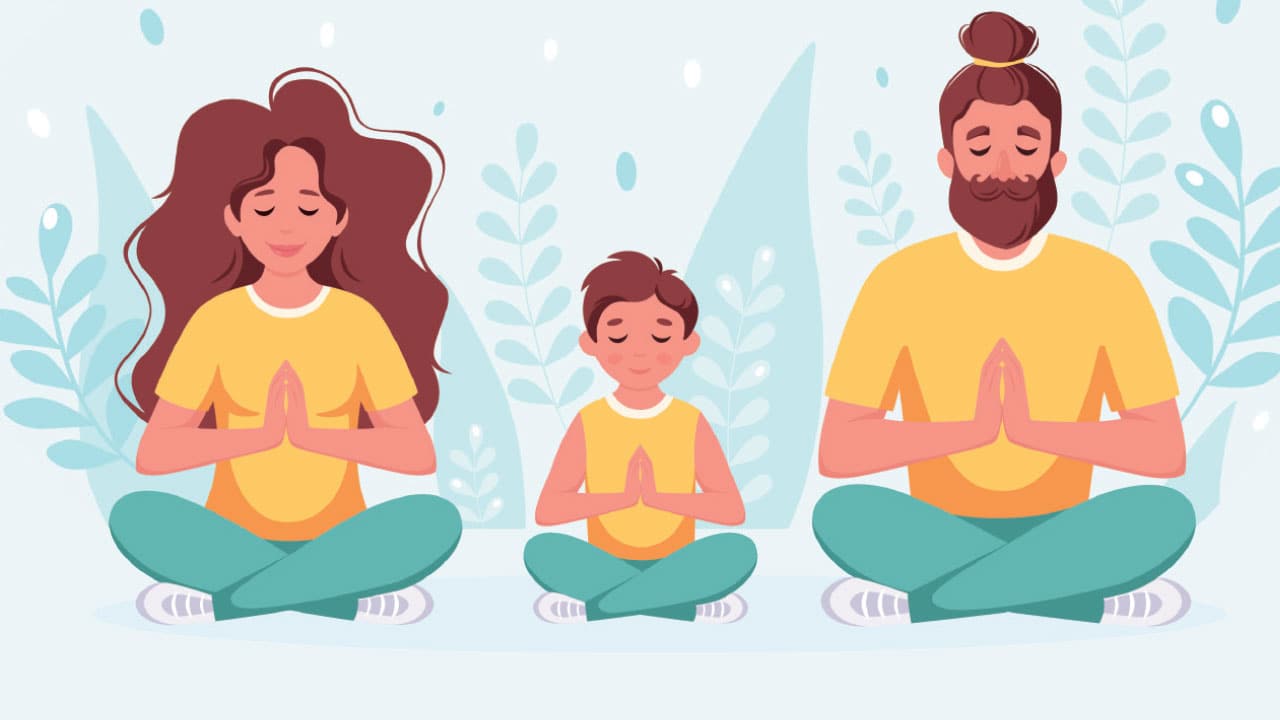
Living the teachings understanding yoga’s
everyday spiritual meanings
By Sue Pugh
TAPAS (SELF-DISCIPLINE)
There are ‘eight limbs’ of yoga…the postures (asanas) make up just one limb. When we really ‘get’ yoga, we grow to understand that it is about so much more than simply adopting postures and moving the body. The niyamas are the second limb of the eight limbs of yoga. They specifically remind us of our duties towards ourselves and are considered to be character building, encouraging us to look inwards as opposed to the yamas, which largely have an external/social focus, looking at our relationship with others.
The third niyama, Tapas, literally means heat, fire, change or transform. It focuses on the fiery determination that it is necessary if we are to move forward in life, become more resilient or overcome adversity. Without this fierce determination we will find it more difficult to bring about any kind of positive change or reach our long-term goals.
We are practicing Tapas every time we get out of bed on a cold winter’s morning, every time we head off to work in a job that we don’t enjoy, every time we show up on our yoga mats when all we want to do is curl up on the sofa. We are also practicing Tapas when we give up smoking, successfully lose weight or stick to a new exercise regime. When practicing Tapas we understand that in order to grow or evolve into the best version of ourselves we have to have this self discipline; we have to say no to temporary fixes that just take us back to square one.
This is a very relevant discussion to have today in this era of over consumption and instant gratification, the polar opposite to Tapas. Our world has largely transformed from a world of scarcity, to a world of abundance, but is this always a good thing? Exposure to adversity (especially at a younger age) or experiencing some kind of hardship and coming through it can very often shape and mould us into someone of character and strength. Living through something challenging with the aim of overcoming it, and not being a victim, essentially changes us and increases our resilience so that we are better able to withstand life’s challenges. As the saying goes: “The only way out is through”.
Maybe ancient yogic wisdom could teach us something today as westernised children are largely growing up in a world where we as adults do our utmost to shield them from adversity. Although clearly this is positive evolution, it may also be seen as the equivalent of raising our children in padded cells where they are protected from harm but also leaving them unprepared to cope with
the real world.
Tapas suggests that in life adults and children might ultimately benefit from a little more ‘depth’ to our self-discipline and that by staying with uncomfortable or unpleasant emotions we will ultimately become better able to cope with the inevitable twists and turns of life because we have learnt the skills necessary to cope, becoming the best version of ourselves.




